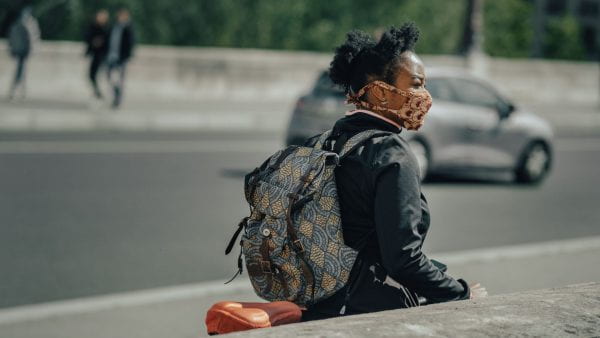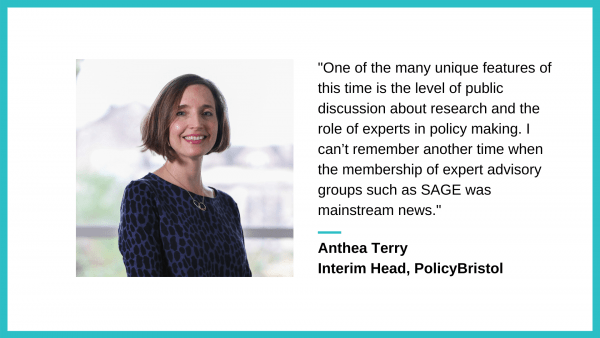
Dr Victoria Sharley
Lecturer in Social Work with Children and Families
With the majority of children returning to schools this week, referrals to Children’s Services are expected to substantially rise. As Peter Walker reported in the Guardian, schools will play ‘a pivotal role in spotting neglect and abuse’.
After nearly six months away from the classroom, children who would have previously been identified as needing help and support have been invisible to staff in schools. According to the Department for Education, the number of referrals received by Children’s Services since schools closed due to the Covid19 outbreak, has seen a dramatic reduction of 18% (compared to the last three years).
The NSPCC states that schools are vital partners in the safeguarding and protection of our children. Staff in schools have the opportunity to observe children in a range of settings, inside and outside of the classroom. Teachers and other school staff can monitor children’s behaviour daily, over an extended period of schooling, whilst observing their interactions with peers and members of their families. They are uniquely positioned to detect concerns at an early point and share information which ensures children receive the support they need at the right time.
It is therefore essential that school staff are fully supported to recognise children who are in need of additional support, and be ready to respond to those who have been living with abuse or neglect, and are in need of protection.
A new policy report by Dr Vicky Sharley (University of Bristol) highlights findings from a recent study funded by Welsh Government through Health and Care Research Wales. The report looks at how school staff identify and respond to children they suspect are living with neglect (the most common reason for a child to be on a child protection plan in England). The report sets out key recommendations for best practice across schools and child protection services, and calls for policymakers to support schools and social workers in their unique but closely related roles within the safeguarding system.
The report also outlines a new approach for the development of effective inter-agency relationships to improve safeguarding outcomes. It is essential for children’s welfare that any concerns are raised at the earliest point possible. This requires more support for school staff and social workers to develop close working relationships and excellent communication channels. Recommendations are particularly pertinent at a time when children are returning to the classroom, having been ‘hidden’ from services for more than five months and referrals are expected to soar.
You can read the full report here. The key recommendations include the following:
- Head Teachers should be supported to establish effective learning communities within their schools so staff develop context-specific knowledge and expertise on how to respond to child neglect effectively within a school setting.
- Schools should recruit strategic staff who demonstrate commitment to developing expertise in child neglect to promote children’s wellbeing within the school setting.
- School staff who know the local community well should have opportunities to provide insights into the lives of children who are suspected of living with neglect.
- Social workers should routinely provide feedback to schools on the outcome of referrals made to child protection services and the rationale for their decision not to intervene.
- Social workers should ensure that Child Protection Conferences are not planned during school holidays, and that information is shared with new schools where children are transitioning to secondary education.
- Informal and formal opportunities should be made available to all staff to spend time in partner agencies to support development of knowledge and expertise about service provision.
- The local authority’s threshold guidance document should be used as a tool for reflective discussion across services, to inform professional decision making and foster a ‘shared language’, so school staff can more effectively articulate concerns in their referrals.
- The role of the School Social Worker responds to many interprofessional barriers between schools and child protection services, and should be established in all local authorities.
This study forms the basis of Dr Sharley’s ongoing research investigating interprofessional safeguarding practices across the United Kingdom. She would be happy to answer any questions about this study or discuss her ongoing and future work in this area.







